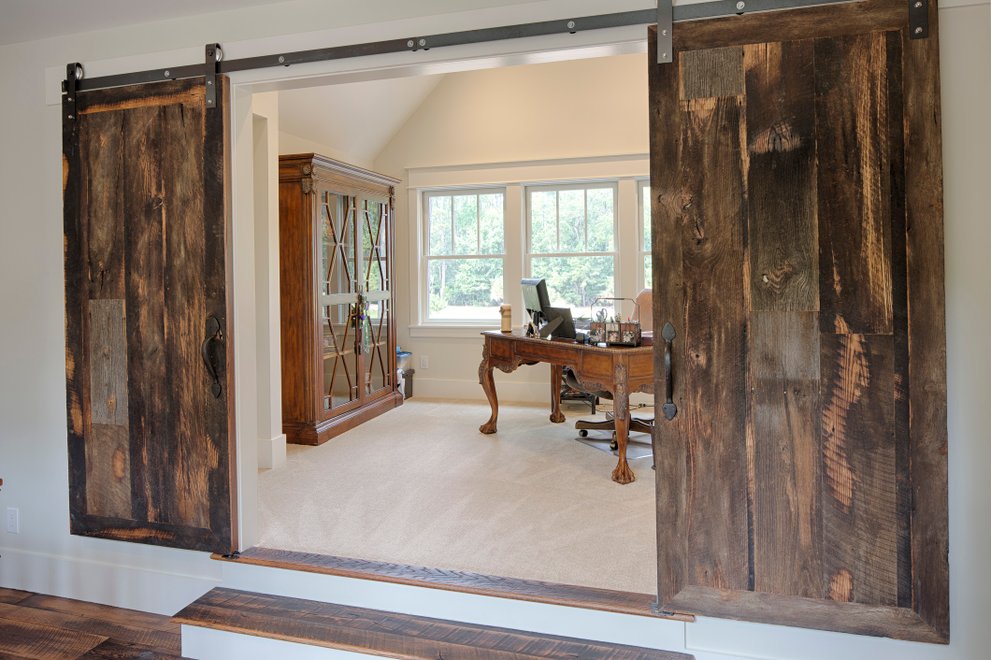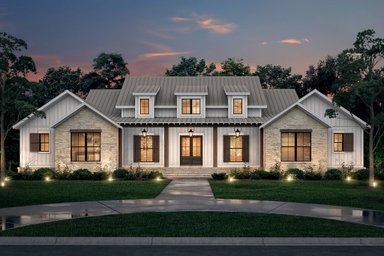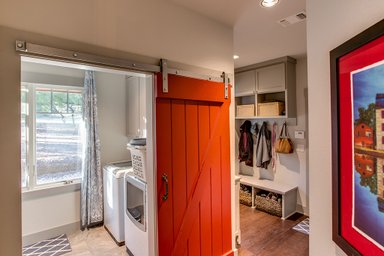Is a home library a quaint relic of the past, more often encountered in a novel than in real life?
Not according to a number of architects in recent interviews. Their clients read e-books on Kindles and Nooks, but they still own substantial numbers of books, and a special place in the house for a bona fide library is not an unusual request. If the budget does not stretch that far, these homeowners want to incorporate bookcases into their living spaces throughout their house.
The desirability of a library, however, is an age-based phenomenon. Most of the architects’ clients who want one are in their 40s or older, a group that still attaches great value to books. Their younger clients, especially those under 30, are readers but not bibliophiles.In the digital age, how is it that anyone, young or old, still owns so many books? Some people collect first editions or acquire books related to a particular interest. Some have books related to their extensive art collections and others have inherited libraries maintained by their families for generations. Some homeowners are simply voracious readers.
Like all book lovers, however, these clients don’t simply own a lot of books; most express a strong emotional connection to them. Houston architect David Bucek said many of his clients have likened their books to “having an old friend around the house.” Madison, Connecticut, architect Duo Dickinson said that for many people, books serve as a “repository of memories,” each one reminding them of where and when they got this or that volume, the person who gave it as a present, a course they took in college or a favorite teacher.
Though many people, including home builders and the merchandisers who furnish their model homes, tend to use the terms “library” and “home office” interchangeably, the architects said their clients regard the two as quite distinct. A home office is a place for serious work; it may have extensive shelving for books, but these will be related to the task at hand. A library, on the other hand, is couched in more romantic terms — it’s seen as a refuge from the everyday and “a place of leisure,” explained Washington, D.C., architect Simon Jacobsen...To read more click here.
Not according to a number of architects in recent interviews. Their clients read e-books on Kindles and Nooks, but they still own substantial numbers of books, and a special place in the house for a bona fide library is not an unusual request. If the budget does not stretch that far, these homeowners want to incorporate bookcases into their living spaces throughout their house.
The desirability of a library, however, is an age-based phenomenon. Most of the architects’ clients who want one are in their 40s or older, a group that still attaches great value to books. Their younger clients, especially those under 30, are readers but not bibliophiles.In the digital age, how is it that anyone, young or old, still owns so many books? Some people collect first editions or acquire books related to a particular interest. Some have books related to their extensive art collections and others have inherited libraries maintained by their families for generations. Some homeowners are simply voracious readers.
Like all book lovers, however, these clients don’t simply own a lot of books; most express a strong emotional connection to them. Houston architect David Bucek said many of his clients have likened their books to “having an old friend around the house.” Madison, Connecticut, architect Duo Dickinson said that for many people, books serve as a “repository of memories,” each one reminding them of where and when they got this or that volume, the person who gave it as a present, a course they took in college or a favorite teacher.
Though many people, including home builders and the merchandisers who furnish their model homes, tend to use the terms “library” and “home office” interchangeably, the architects said their clients regard the two as quite distinct. A home office is a place for serious work; it may have extensive shelving for books, but these will be related to the task at hand. A library, on the other hand, is couched in more romantic terms — it’s seen as a refuge from the everyday and “a place of leisure,” explained Washington, D.C., architect Simon Jacobsen...To read more click here.






